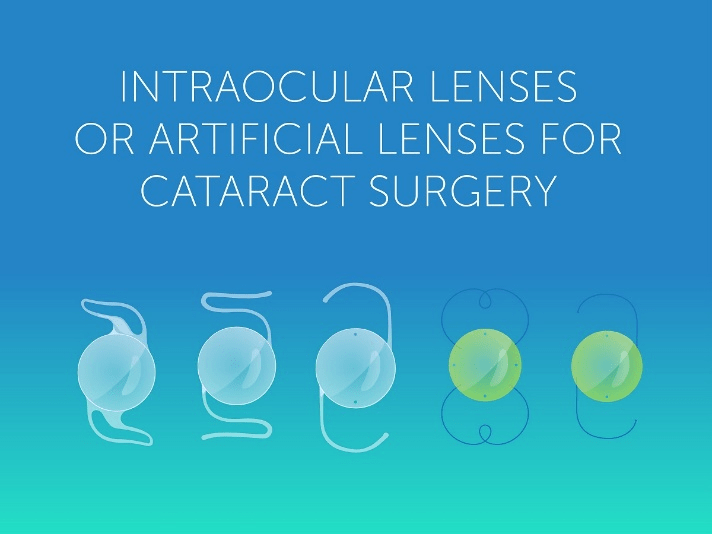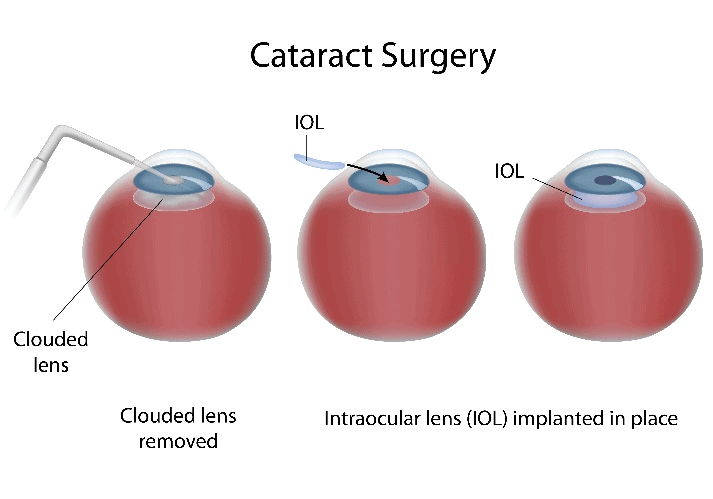Cataracts are a clouding of the eye’s lens that cause a progressive decline in visual clarity. Most cataracts are caused by the natural effects of the aging process; however, cataracts are also caused by health conditions such as diabetes, eye injuries, tobacco use and the long-term use of corticosteroids.
No medication, dietary supplement or optical device can cure cataracts — the only way to treat them is to surgically remove the eye’s lens and replace it with an artificial lens implant.
Boston Eye Physicians and Surgeons is home to some of Boston’s most gifted cataract surgeons. The team is highly experienced using the latest techniques and artificial lenses to produce remarkable results. Thanks to the doctors at Boston Eye Physicians and Surgeons, patients have the opportunity to reclaim better vision than they had before cataracts.
When Is Cataract Surgery Necessary?
Cataracts are a progressive disease, and can take a number of years to develop. In the early stages, cataracts may not have noticeable effects on vision and everyday life.
As a cataract worsens, it starts to cause blurry, cloudy vision, poor night vision, sensitivity to light, fading or yellowing of colors and the appearance of “halos” around lights.
When these visual symptoms start to interfere with reading, driving and other activities of daily living, cataract surgery becomes necessary.
Cataract Surgery Procedure Details
Cataract surgery is one of the safest and most successful outpatient procedures performed today.
The first step of the surgery is to remove the clouded lens. The lens is gently broken up into smaller pieces, which are easier to extract from the eye. Once the lens has been removed, it is replaced with a pre-selected artificial lens (referred to as an intraocular lens or IOL).
There are many types of IOLs, each with different features. The team at Boston Eye Physicians and Surgeons guides each patient to select the IOL that is best suited to his or her specific visual needs and goals.
Intraocular Lens Options

A basic IOL restores clear vision at a single fixed point, and patients compensate by wearing glasses to see at other distances. Most monofocal IOLs are set for distance vision, and patients rely on reading glasses for near vision. A patient with a monofocal IOL can watch the sunset clearly, but must wear glasses to read the newspaper or send a text message.
Premium IOLs are lenses that have special features beyond what is found in a basic monofocal IOL. Multifocal IOLs maximize the ability to focus at varying distances without the need for glasses. A patient with multifocal IOLs can watch the sunset and read the newspaper without glasses.
Recovering from Cataract Surgery
Most patients can resume their normal activities almost immediately after cataract surgery. Post-operative eye drops and medications are prescribed to reduce the risk of complications, and post-operative follow-up visits are scheduled to monitor the eye’s healing progress.
Contact Our Practice Today
To learn more about cataract surgery, please call or email Boston Eye Physicians and Surgeons today.




